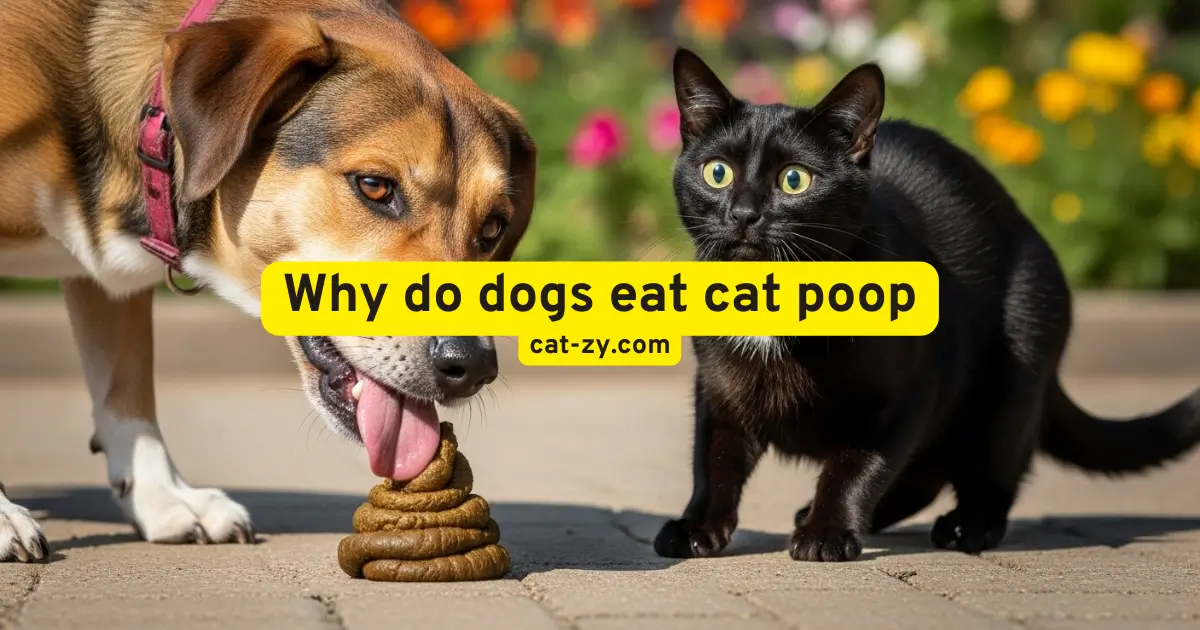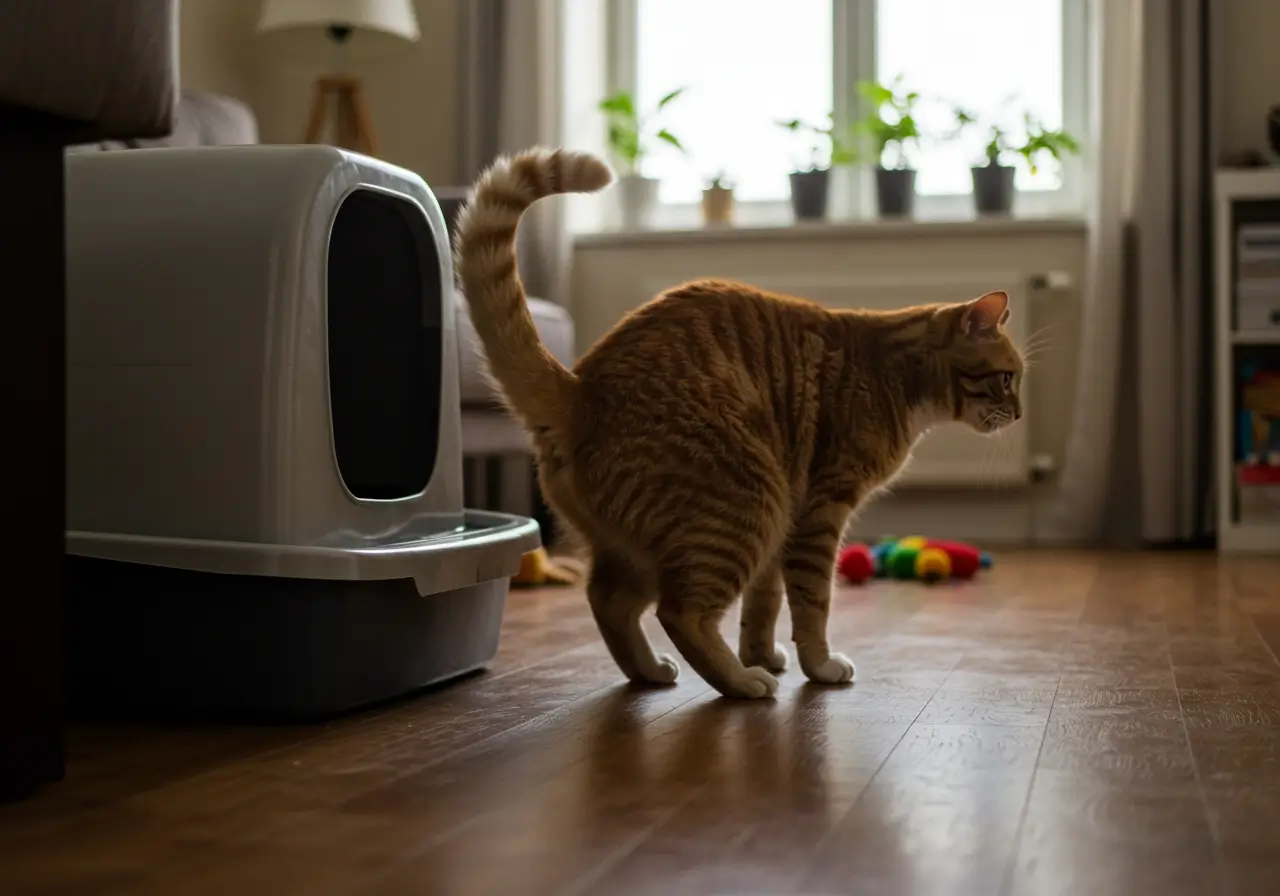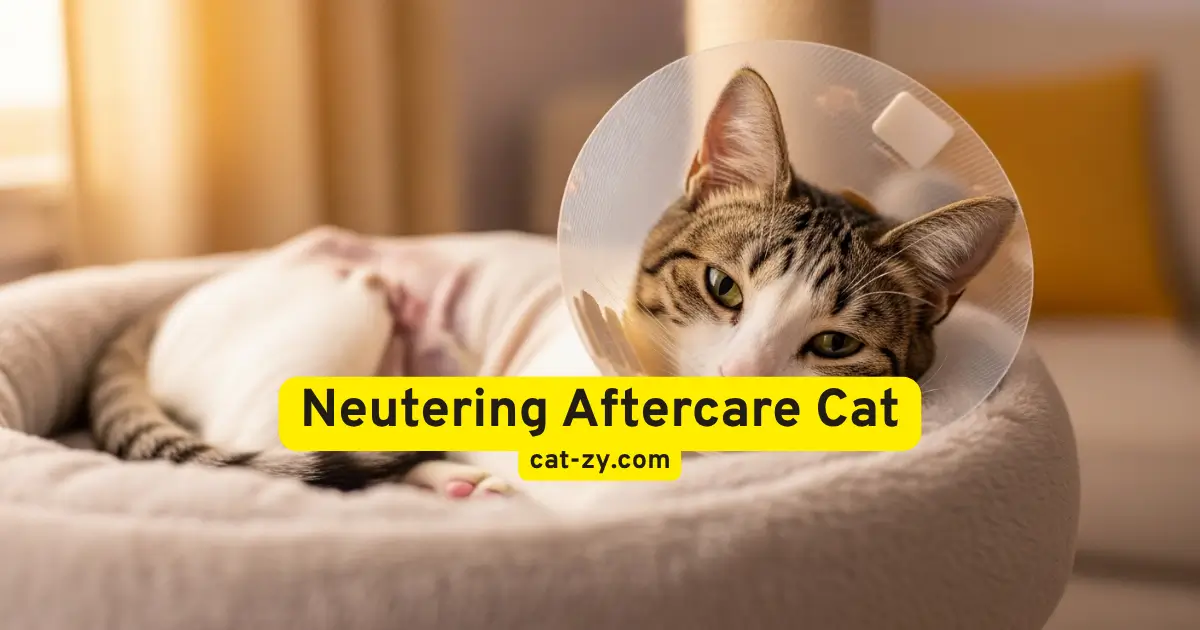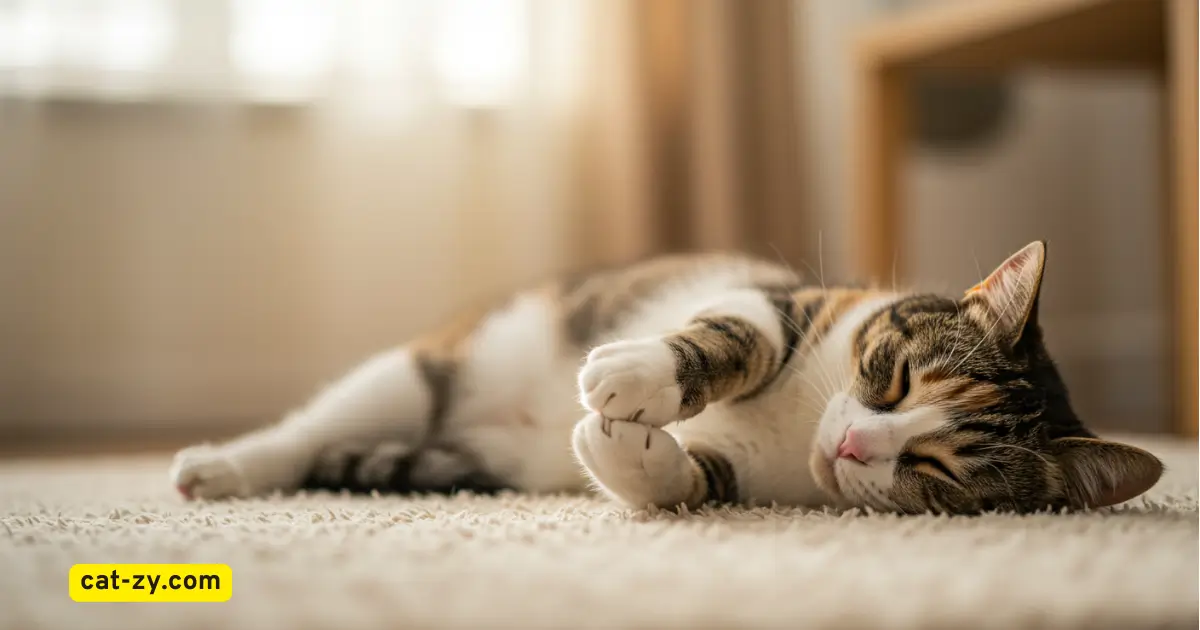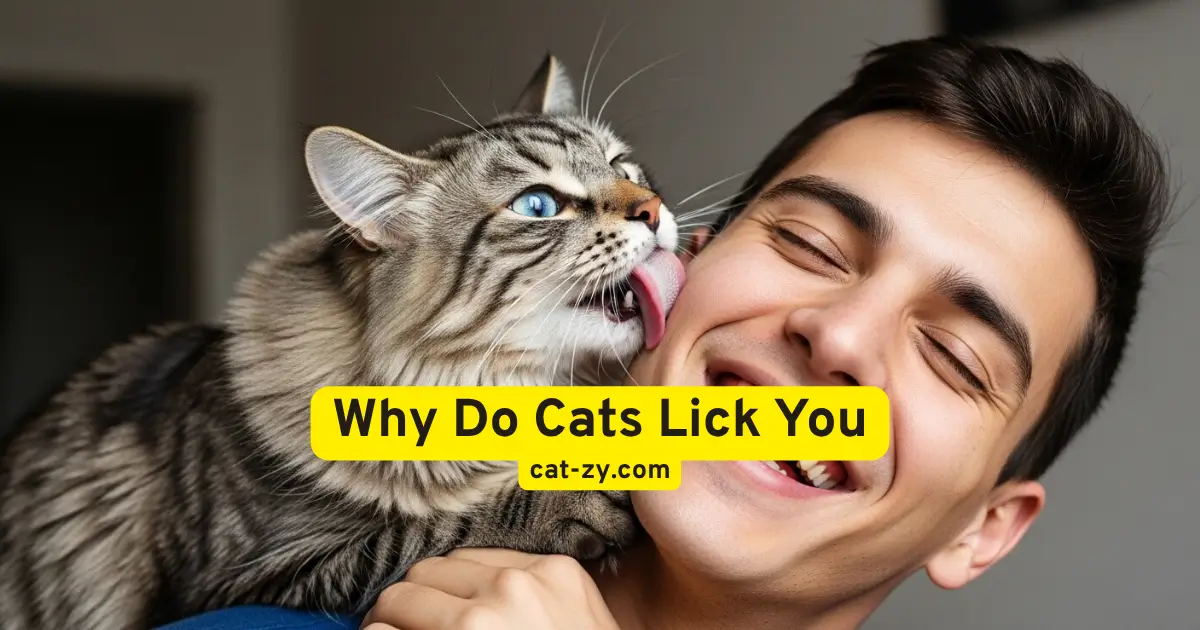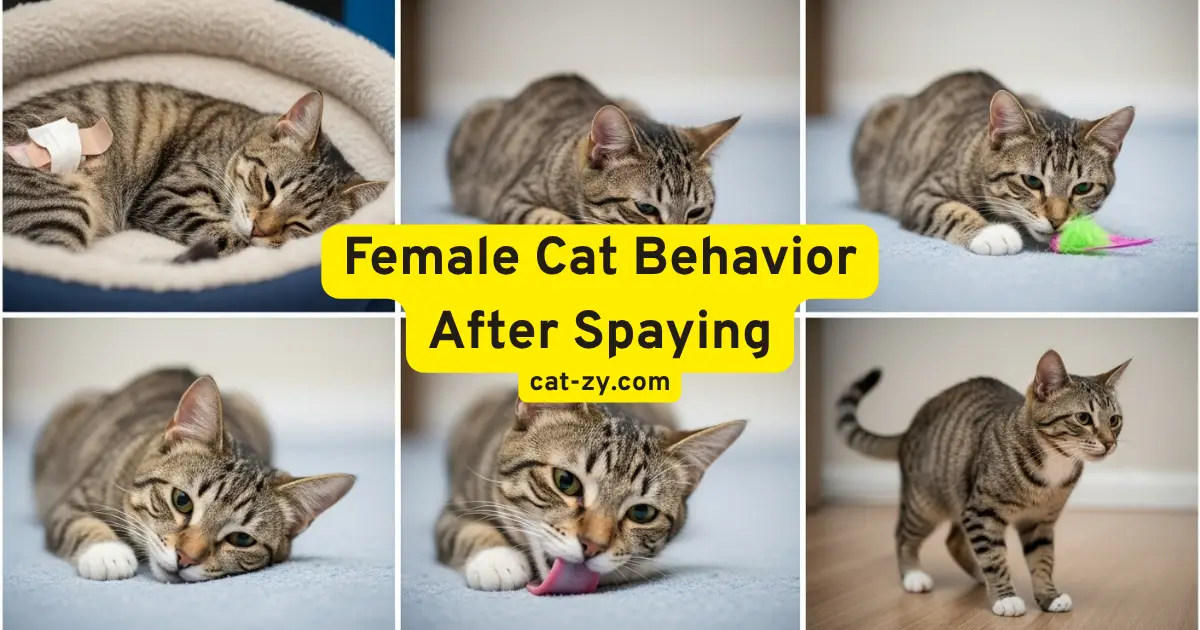Why Do Dogs Eat Cat Poop? 7 Shocking Facts Every Owner Should Know
As a dog owner, you may have witnessed your pet consuming cat poop. This behavior is both puzzling and disturbing. It makes many wonder why do dogs eat cat poop and what drives them to do this.
Dogs’ interest in cat feces is more than just a simple quirk. A dog’s behavioral patterns are influenced by their natural instincts, the surrounding environment, and physical well-being.
Knowing why dogs eat cat feces is key to solving this problem. In this article, we’ll share 7 shocking facts about this behavior that every dog owner should know.
Table of Contents
The Surprising Truth About Dogs and Cat Poop
Dogs eating cat poop might seem gross, but it’s not uncommon. This particular habit, known as coprophagia, confuses and concerns numerous pet owners.
A Common but Disturbing Behavior
Numerous families witness their dogs eating cat feces, which bewilders pet owners. This behavior can be caused by several things, like nutritional needs, instinct, or health issues. Knowing why is important to fix the problem.
The Science Behind This Strange Habit
Dogs eating cat feces might seem odd, but it has a scientific reason. They might do it because of their wild ancestors’ scavenging habits. Also, cat feces, especially if the cat eats high-protein food, can attract dogs. Studies show dogs are drawn to cat feces because of its taste and smell.
Understanding why dogs eat cat poop is the first step to stop it. You can change their diet, manage their environment, or train them. Finding and fixing the cause is essential to end this habit.
Understanding Coprophagia: Why Do Dogs Eat Cat Poop?
Coprophagia, or eating feces, is a puzzling behavior in dogs. It makes many pet owners wonder why their dogs do this. This behavior isn’t just about cat poop; dogs might eat the feces of other animals or their own, too.
Defining the Behavior in Veterinary Terms
In vet terms, coprophagia explains why do dogs eat cat poop and other feces. It’s normal in some cases, like a mom dog cleaning her puppies. But when adult dogs do it, it’s seen as odd and needs checking. Vets often check for nutritional issues, health problems, or behavioral reasons.
Prevalence Among Different Dog Breeds
Any dog can eat feces, but some breeds do it more often. This is because of their genes or how they live. For example, dogs that love food or have scavenged before might eat feces more. Knowing about breed traits and each dog’s unique characteristics helps solve this problem.
The Difference Between Occasional and Compulsive Behavior
It’s important to tell the difference between occasional and compulsive feces eating. If it happens now and then, it might just need a clean litter box. But if it’s all the time, it’s a bigger problem. It might need deeper changes and vet help to find and fix the cause.
Understanding why dogs eat feces helps owners stop it. This way, dogs can live healthier, happier lives.
Shocking Fact #1: It’s Actually an Evolutionary Behavior
Understanding why do dogs eat cat poop reveals it comes from their wild ancestors. This behavior, called coprophagia, is not just gross. It’s a part of their evolutionary history.
Ancestral Scavenging Instincts
In the wild, dogs scavenged for food. They ate whatever they could find to survive. Your dog’s ancestors were likely opportunistic eaters, eating everything from carrion to feces.
This old behavior still shows in domestic dogs. They eat cat feces, showing their adaptability and strong instincts passed down through generations.
Wild Canine Behaviors That Persist in Domestic Dogs
Many wild canine behaviors still show in domestic dogs. For example, their pack dynamics are seen in how they interact with humans and other pets. Their scavenging behavior is another trait that has been retained, even though they now live in an environment where food is readily provided.
How Wolf Pack Behavior Relates to Your Pet
Wolf pack behavior, where members scavenge and eat various foods, including feces, is linked to your dog’s behavior. Their instinct to scavenge and consume non-traditional food items is a remnant of this pack behavior. Understanding this connection can help you address the issue more effectively.
By recognizing that your dog’s behavior is influenced by their evolutionary past, you can take steps to manage and modify this behavior. This ensures a healthier and more pleasant living environment for both you and your pet.
Shocking Fact #2: Your Dog Might Be Lacking Essential Nutrients
One reason why do dogs eat cat poop is that they might not be getting enough nutrients. Dogs need a lot of different nutrients to stay healthy. Not getting these can cause problems like eating their poop.
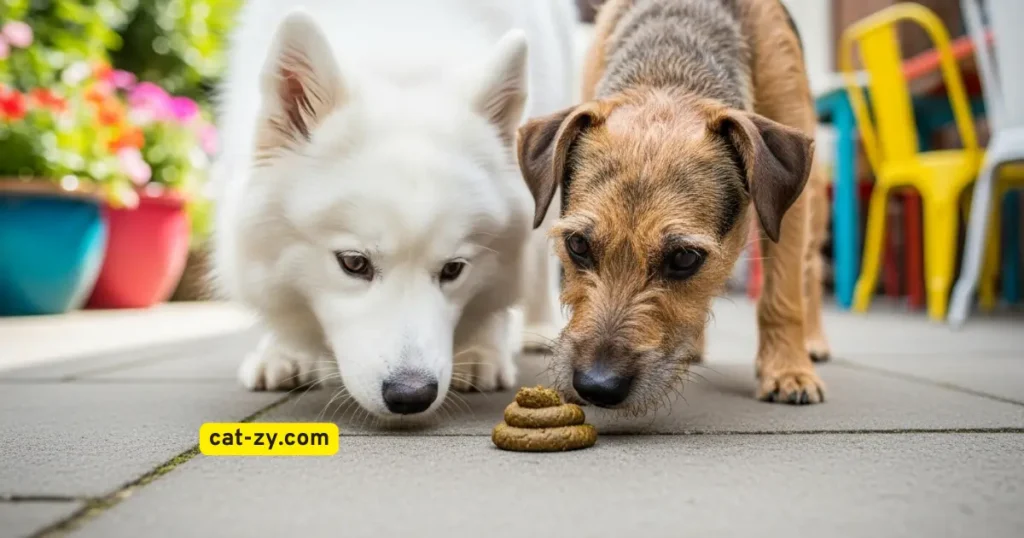
Specific Nutritional Deficiencies That Trigger the Behavior
Certain nutritional deficiencies in a dog’s meal plan may drive them to consume poop. For example, not enough protein or vitamins can cause this. Canines require a balanced combination of proteins, fats, carbohydrates, vitamins, and essential minerals. If they don’t get these, they might eat other things like cat poop.
Signs Your Dog’s Diet Needs Improvement
There are signs your dog’s diet might not be good. Look for a dull coat, being very tired, and eating their poop. If you see these, it’s time to check their diet. A vet can help find out what’s missing.
How Commercial Dog Foods May Fall Short
Even though commercial dog foods are made to be good, they can still be lacking. The quality of ingredients, how they’re made, and where they’re stored can affect their value. Some dogs might need specialized diets or extra supplements.
To make sure your dog eats well, talk to a vet or a dog nutritionist. They can pick the best food or suggest supplements. Regular vet visits are also key to keeping your dog healthy and adjusting their diet if needed.
Shocking Fact #3: Cat Feces Contains Proteins Dogs Crave
Dogs eat cat poop because it has proteins they love. This might seem odd, but there’s a good reason behind it.
The Nutritional Content of Cat Poop
Cat feces, though waste, has nutrients that dogs find tasty. The type of nutrients depends on the cat’s food. High-protein cat food makes the poop even more tempting for dogs because it has more protein that the cat can’t digest.
Why High-Protein Cat Food Makes Feces Appealing to Dogs
Cats on high-protein diets have poop with lots of undigested protein. Dogs, with their great sense of smell, can smell this protein. For dogs lacking protein in their food, cat poop is a tasty treat.
The Role of Fat Content in Attraction
The fat in cat feces also draws dogs. Cats on high-fat diets have poop with a lot of fat. Consequently, cat feces becomes an abundant nutritional resource for canines.
In summary, the proteins and fats in cat feces attract dogs. Knowing this can help pet owners keep their dogs healthy. It ensures they get the right diet.
Shocking Fact #4: Medical Conditions Can Cause This Behavior
It’s not always mischief when your dog eats cat poop. Sometimes, medical conditions are the real reason. Dogs are very sensitive to their health and can show signs of illness through their actions.
Digestive Disorders and Malabsorption Issues
Dogs might eat cat poop because of digestive disorders or not absorbing nutrients well. Issues like exocrine pancreatic insufficiency (EPI) or inflammation in the gut can cause this. These problems make it hard for dogs to get the nutrients they need, so they might eat cat feces.
Malabsorption can also happen if a dog doesn’t have enough digestive enzymes. This leads to undigested food in the gut. Dogs with these issues might find cat poop appealing as a source of nutrients.
Endocrine Disorders That Increase Appetite
Endocrine disorders like hyperthyroidism or Cushing’s disease can make dogs hungrier. These conditions affect hormone levels, changing how much a dog eats and how it metabolizes food.
For example, hyperthyroidism speeds up a dog’s metabolism. This makes them hungrier and more likely to eat things they shouldn’t, like cat poop.
When to Consult Your Veterinarian
If your dog eats cat poop often, you should talk to your veterinarian. They can find out if there’s a medical reason for this behavior.
Your vet will do a physical check-up, ask about your dog’s health history, and might do tests. They’re looking for things like digestive problems or hormone imbalances. Seeing a vet early can help fix the problem and keep your dog healthy.
Shocking Fact #5: It Can Lead to Serious Health Problems
Dogs eating cat feces can lead to serious health issues. This behavior, called coprophagia, is not just gross. It’s a real health risk for your dog.
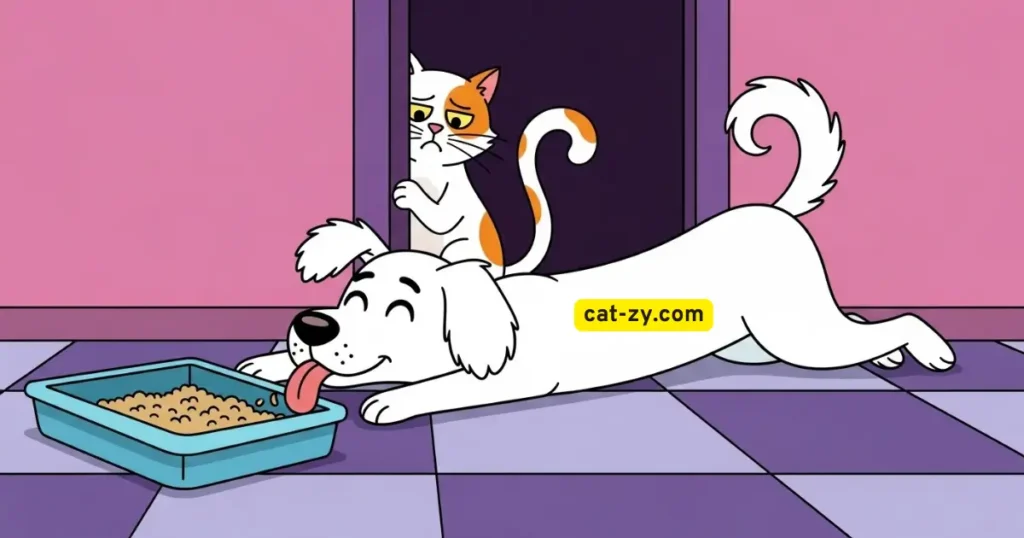
Parasites and Bacterial Infections Commonly Transmitted
Cat feces can have parasites like Giardia, Coccidia, and Toxocara. These can cause stomach problems, weight loss, and other health issues in dogs. Feline waste additionally harbors harmful bacteria such as Salmonella and E. coli. coli, which can make dogs very sick.
Dogs eating cat feces are at risk of getting these harmful organisms. This makes cat feces a health danger for dogs.
Toxoplasmosis: A Special Risk for Households with Pregnant Women
Toxoplasmosis is a big risk from cat feces. It’s especially dangerous for pregnant women, as it can harm the fetus. Pregnant women should avoid touching cat litter or feces to lower this risk.
Long-term Health Consequences for Your Dog
Dogs eating cat feces can face long-term health problems. They might get chronic stomach issues, malnutrition, and a weak immune system. In severe cases, it could lead to serious conditions like inflammation or blockages in the stomach.
Dog owners need to act fast to stop this behavior. It’s important to prevent it to keep your dog healthy.
Shocking Fact #6: Behavioral Issues May Be the Root Cause
Many dog owners are shocked to find their pets eating cat poop. This behavior, called coprophagia, is more than just a gross habit. It can show deeper psychological issues in your dog.
Anxiety and Stress-Related Behaviors
Canines might consume feces as a response to anxious feelings and stressful situations. Changes like a new pet or person can trigger this. Some dogs find it calming, which is why they do it.
Attention-Seeking and Boredom Factors
Some dogs eat cat poop to get a reaction from their owners. If you scold them for it, they might keep doing it to get your attention. Boredom also plays a part; dogs without enough to do might eat feces.
How Multi-Pet Households Influence the Behavior
Households with many pets can be stressful. Competition for food and attention can cause stress and lead to coprophagia. Providing individual pets with dedicated areas and separate resources proves beneficial.
It’s important to understand why your dog is behaving this way. By figuring out if it’s due to anxiety, boredom, or attention-seeking, you can start fixing the problem.
Shocking Fact #7: It’s Harder to Stop Than You Think
The habit of eating cat feces is deeply ingrained in some dogs, making it hard to stop. This behavior is not just a simple matter of willpower or training. It’s rooted in complex biological and psychological factors.
Why Traditional Training Methods Often Fail
Traditional training methods often fall short because they don’t address the underlying causes of coprophagia. Simply punishing or scolding your dog is not enough to break the habit. You need to understand that your dog’s behavior is driven by instinct and reinforced by their environment.
The Neurological Reward System Behind the Behavior
The brain’s reward mechanism contributes substantially to maintaining coprophagia behaviors. Consuming cat feces activates dopamine production in your dog’s brain, which is a chemical messenger linked to satisfaction and positive reinforcement. This can create a cycle of craving and consumption that’s difficult to break.
The Challenge of Breaking Deeply Ingrained Habits
Breaking a deeply ingrained habit like coprophagia requires a comprehensive approach. This includes environmental management, dietary changes, and consistent training. It’s a challenging task, but with persistence and the right strategies, you can help your dog overcome this unwanted behavior.
Effective Solutions to Prevent Your Dog from Eating Cat Poop
Preventing your dog from eating cat feces requires a comprehensive strategy. Your approach must incorporate environmental modifications and dietary adjustments. Keep in mind that effective solutions vary between individual dogs.
Environmental Management Strategies
Keeping your dog’s environment clean is key. Make sure the litter box is clean and your dog can’t get to it. Daily scooping and regular litter changes help a lot. You can also put the litter box where your dog can’t get to it or use a special litter box that keeps dogs away.
Training Techniques That Actually Work
Training is very important to stop your dog from eating cat feces. Using positive reinforcement training is a good method. Reward your dog for ignoring the cat feces. Training your dog to respond to instructions such as “leave it” or “drop it” proves additionally helpful.
Dietary Changes and Supplements That Help
Changing your dog’s diet is often needed. Make sure they eat a balanced and nutrient-rich diet. This can help them not look for other food sources. Consult with your veterinarian to determine the optimal nutritional plan for your canine companion.
Enzyme Supplements and Their Effectiveness
Adding enzyme supplements to your dog’s food can make their stool less appealing. These supplements change the taste and smell of the feces, making it unappealing to your dog.
Taste-Aversion Products: Do They Work?
Deterrent products are formulated to create an unpleasant taste experience when dogs encounter cat feces. Some owners say they work, but results can vary. It’s best to use these products with other management strategies for the best results.
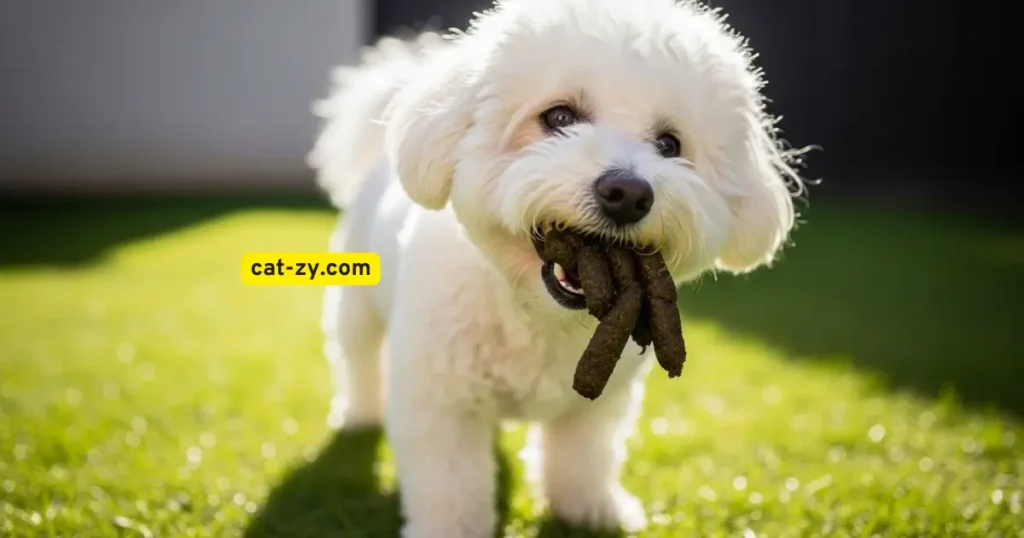
Conclusion: Protecting Your Dog’s Health
It’s important to understand why do dogs eat cat poop to protect your pet’s health. This behavior, known as coprophagia, can cause serious health problems. These include parasitic infections and nutritional deficiencies. Knowing the reasons behind it helps you prevent it.
Preventing dogs from consuming cat poop requires implementing multiple strategies. First, make sure they eat a balanced diet. This meets their nutritional needs. Also, manage their environment and use training techniques to discourage the behavior.
By following these steps, you can lower the risk of coprophagia. This protects your dog’s health. Always stay alert and informed to keep your dog healthy. For more tips, talk to your vet or an animal behaviorist.
FAQ
Why do dogs eat cat poop?
Dogs eat cat poop due to a behavior called coprophagia. This can be caused by many things like not getting enough nutrients, old habits, and health issues.
Is it normal for dogs to eat cat feces?
It’s not normal for dogs to eat cat feces. It usually means there’s something wrong.
Can eating cat poop make my dog sick?
Indeed, consuming cat poop poses health risks and can cause illness in your dog. They can get parasites, bacterial infections, and other health problems. Toxoplasmosis is especially dangerous for pregnant women.
How can I stop my dog from eating cat poop?
To stop your dog from eating cat poop, try a few things. Use environmental management, train them, change their diet, and use supplements. Enzyme supplements and taste-aversion products can help.
Do specific canine breeds show higher tendencies toward eating cat feces?
Any dog can eat cat feces, but some breeds might do it more. This is because of their genes or how they are as individuals.
Can a change in my cat’s diet affect my dog’s behavior?
Yes, changing your cat’s diet can affect your dog. If your cat eats a lot of protein, their poop might attract your dog more.
What are the signs that my dog’s diet needs improvement?
If your dog keeps eating cat poop, it might mean their diet is off. Look for other signs like changes in appetite, weight, and overall health or coat condition.
What steps can I take to guarantee my dog receives proper nutritional balance?
For optimal canine nutrition, consult with your veterinary professional. They can help pick the right food for your dog based on their age, breed, health, and how active they are.

